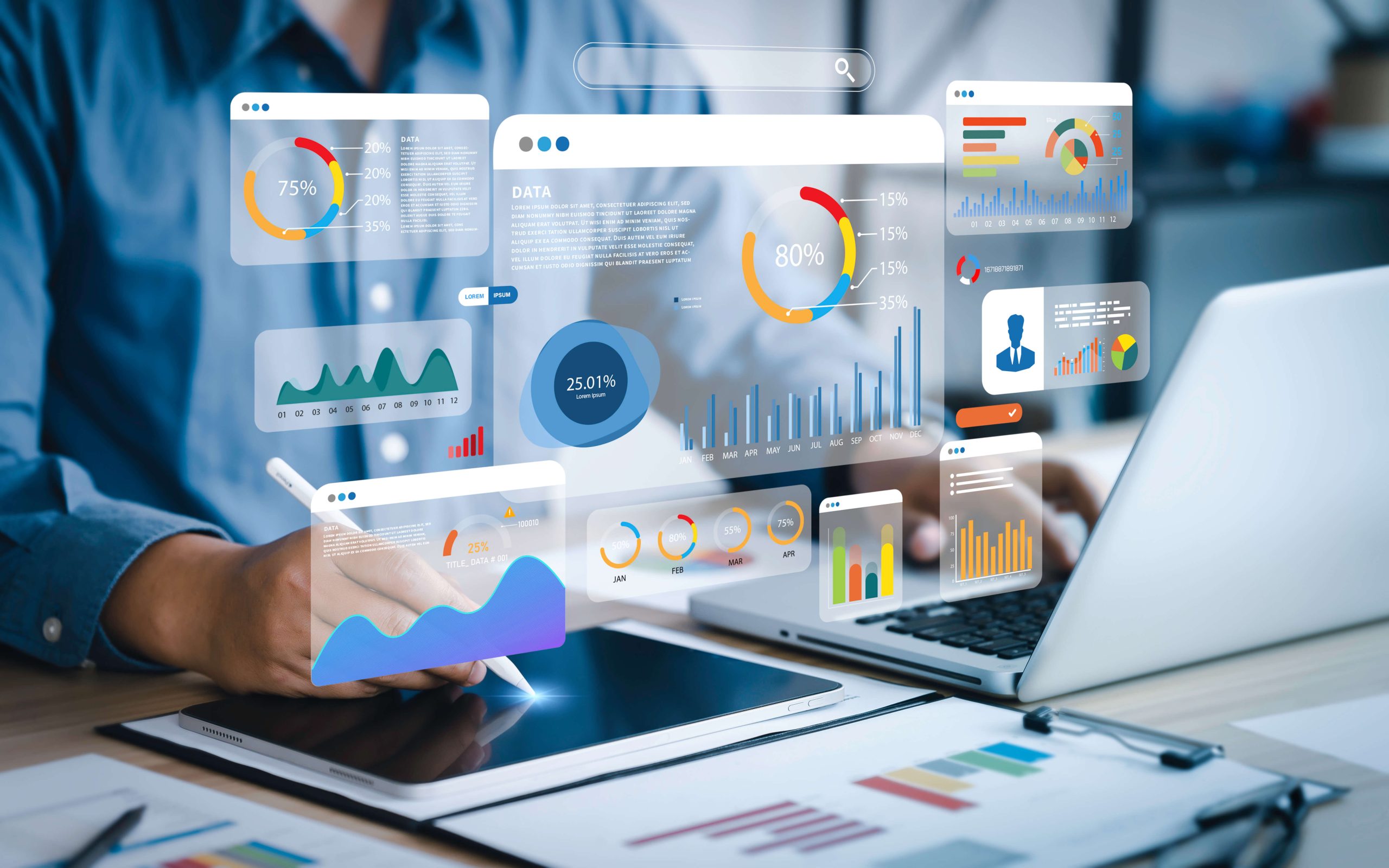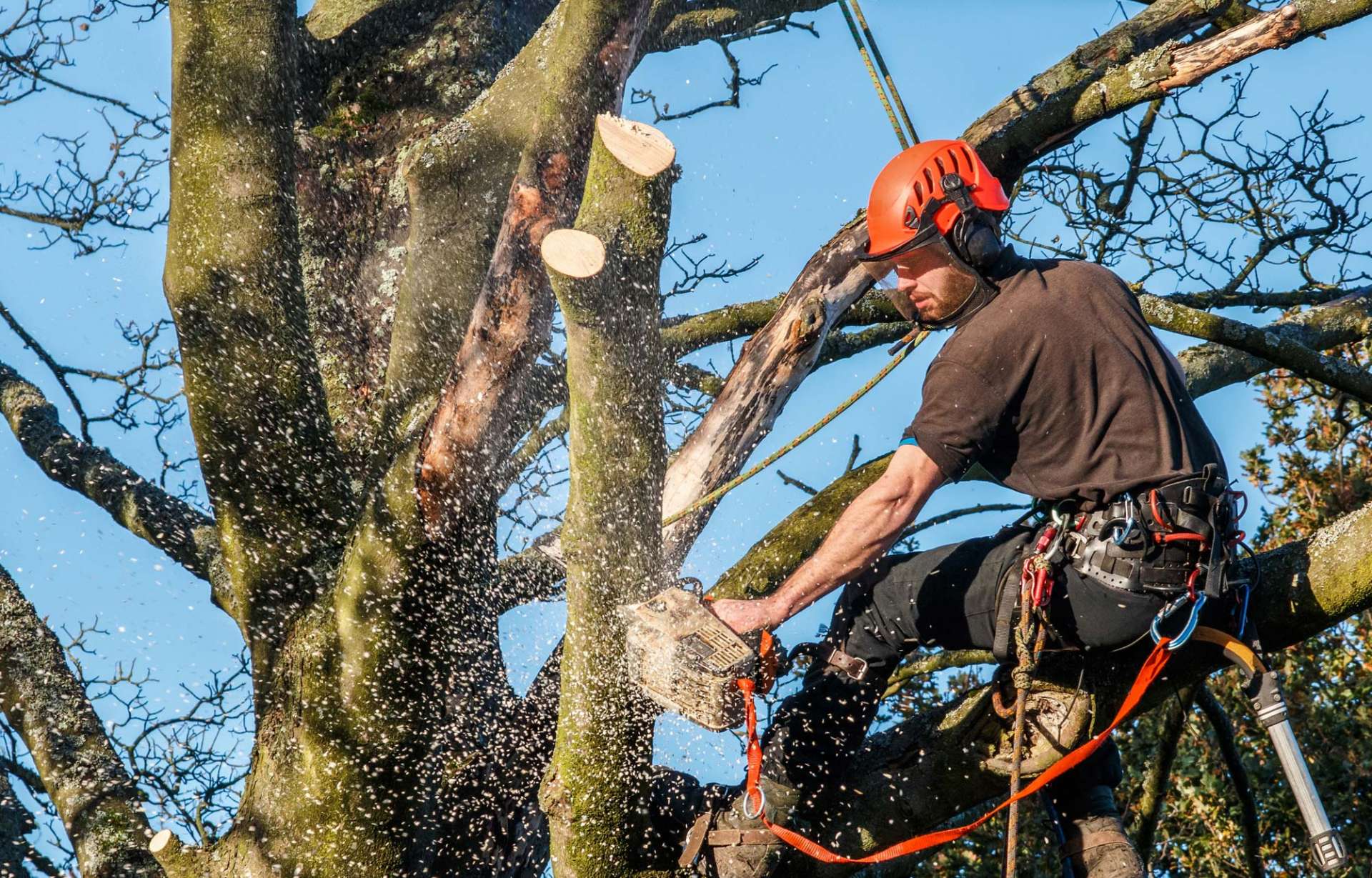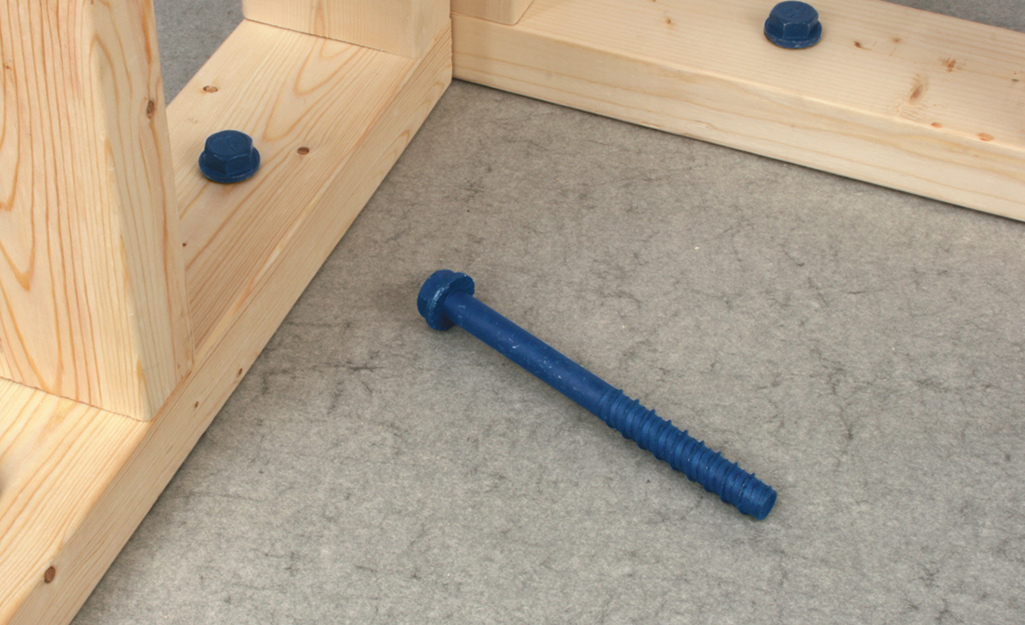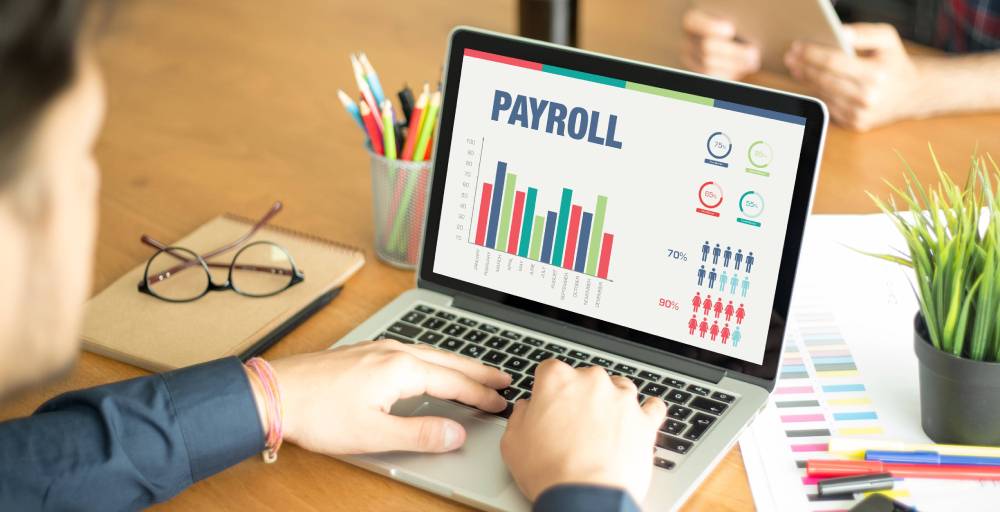
Ever since COVID pandemic, the work from home culture has gained a lot of traction. As the pandemic has given us an opportunity to explore options, workspaces are getting more dynamic. One such major trend is adapting to hybrid work spaces. Whether the so called hybrid work culture results in productivity or not, depending on the way businesses conduct themselves and the need for people to be proximate, the business world is exploring this option. Unlike a regular work space, offices having hybrid work culture requires a different housekeeping regimen. Even though office spaces remain vacant for alternate days or a certain period of time, it is highly recommended to clean them regularly as if the space is in use on a daily basis. Apparently, dust and dirt do not have a schedule to accumulate to postpone the cleaning task. Even if you choose to, you will only end-up working hard to get rid of hardened dirt on the surfaces. Here are some more reasons why even hybrid work spaces should be taken care on a regular basis.
The omnipresent dust
Empty spaces gather dust but not to the extent of occupied spaces. We like it or not, dust is constantly produced in the environment. Pollen, fibers from papers, books, microscopic organisms and loose carpet fibers and similar particles find their way into the office spaces. They are microscopic and invisible particles suspended in the air waiting to settle down once they find the unoccupied space. Lack of activity, for a day or few allows for them to settle on the surfaces such as desks, chairs and other important office equipment. After the employee returns after a few days of work from home, he is welcomed to unclean and dusty spaces. Offices having hybrid model should adopt a regular cleaning regime irrespective of the presence of employees. They should get the office professionally cleaned while the employees work from home. If not done, the productivity that an employee experiences due to hybrid work model goes all into the air. It doesn’t mean staff members who enter offices are squeaky clean. At times they too tend to bring in dirt into offices, especially during the rainy season.
The staff would be using restrooms, kitchens, and other office equipment, spreading germs and hence diseases. It gives another good reason for the management to deep clean the office when they work from home.
Facilitates inter-personal hygiene:
Increasing hybrid work has brought in many concerns around personal hygiene. Working patterns have changed and so the way office infrastructure is used. Hot desking or desk-sharing is a practice where employees work in shifts. Such spaces are most vulnerable to spread of germs and diseases. It should be ensured that these spaces should be cleaned thoroughly between the uses of each employee. With COVID relapses, after all, we cannot rest assured that employees are safe from interpersonal infection transfers.
Conclusion:
COVID or no-COVID, the amount of dust will never subside, nor the fear of infection. It will be only more noticeable when a place is abandoned for longer or shorter period of time. Instead of thinking why to deep clean, you should think about how to deep clean an office regularly. Who doesn’t like to keep their place ever ready for impromptu face to face meetings with colleagues or higher authorities?









:max_bytes(150000):strip_icc()/Term-Definitions_Digital-Marketing-5ae6ea1aee934b02a94a1a4d9401443d.jpg)




